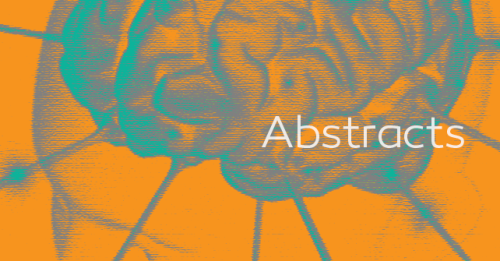Patient Satisfaction and Short-Term Outcome in Elective Cranial Neurosurgery
Reponen, Elina MD*; Tuominen, Hanna MD, PhD*; Hernesniemi, Juha MD, PhD‡; Korja, Miikka MD, PhD‡
Abstract
BACKGROUND: Patient-reported experience is often used as a measure for quality of care, but no reports on patient satisfaction after cranial neurosurgery exist.
OBJECTIVE: To study the association of overall patient satisfaction and surgical outcome and to evaluate the applicability of overall patient satisfaction as a proxy for quality of care in elective cranial neurosurgery.
METHODS: We conducted an observational study on the relationship of overall patient satisfaction at 30 postoperative days with surgical and functional outcome (modified Rankin Scale [mRS] score) in a prospective, consecutive, and unselected cohort of 418 adult elective craniotomy patients enrolled between December 2011 and December 2012 at Helsinki University Hospital, Helsinki, Finland.
RESULTS: Postoperative overall (subjective and objective) morbidity was present in 194 (46.4%) patients; yet almost 94% of all study patients reported high overall satisfaction. Low overall patient satisfaction at 30 days was not associated with postoperative major morbidity in elective cranial neurosurgery. Dependent functional status (mRS score ?3) at 30 days, minor infections, poor postoperative subjective overall health status, and patient-reported severe symptoms (double vision, poor balance) may contribute to unsatisfactory patient experience.
CONCLUSION: Overall patient satisfaction with elective cranial neurosurgery is high. Even 9 of 10 patients with postoperative major morbidity rated high overall patient satisfaction at 30 days. Overall patient satisfaction may merely reflect patient experience and subjective postoperative health status, and therefore it is a poor proxy for quality of care in elective cranial neurosurgery.
ABBREVIATIONS: ASA, American Society of Anesthesiologists
CI, confidence interval
LOS, length of stay
mRS, modified Rankin Scale

